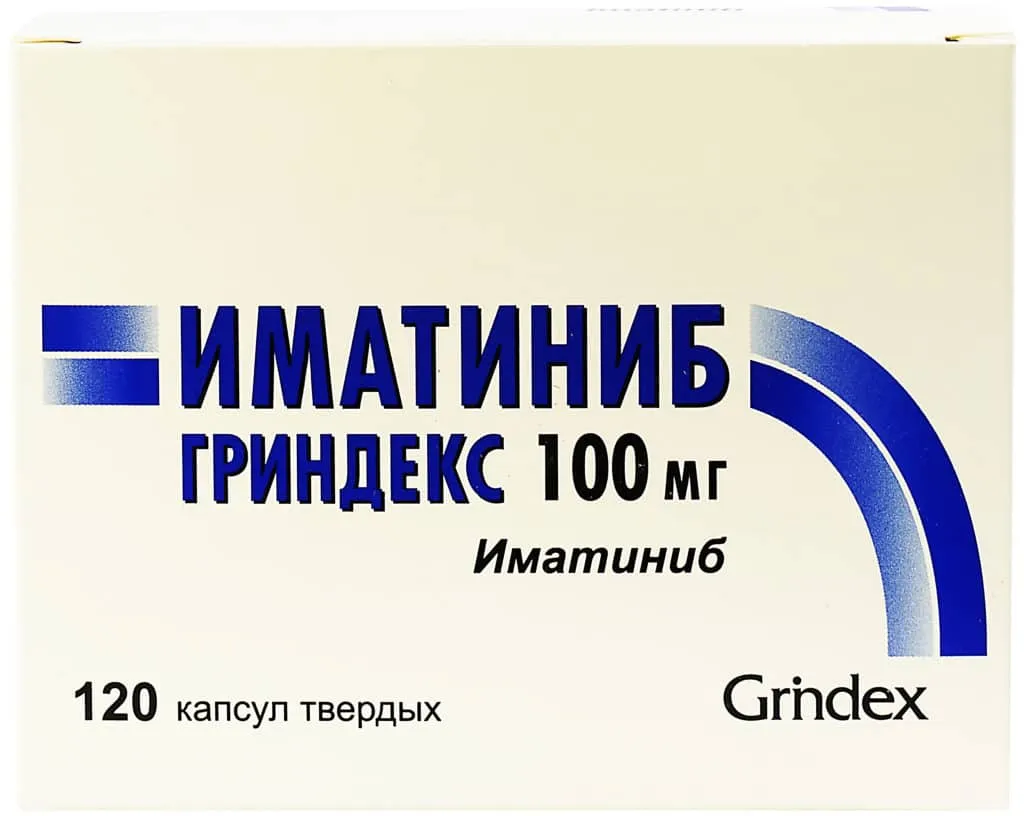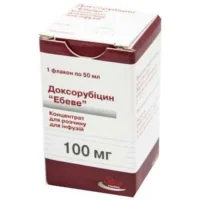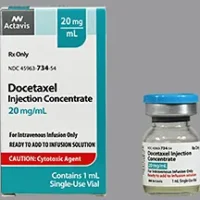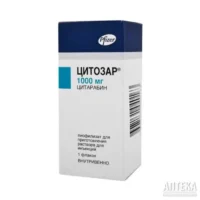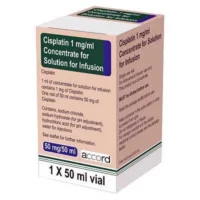Description
Imatinib Grindex Hard Capsules 100 mg. №120
Ingredients:
Each hard capsule contains 100 mg of Imatinib.
Mechanism of Action:
Imatinib is a tyrosine kinase inhibitor that selectively targets and inhibits specific tyrosine kinases involved in the pathogenesis of certain types of cancers, including chronic myeloid leukemia (CML) and gastrointestinal stromal tumors (GIST). By blocking these kinases, Imatinib interferes with the growth and proliferation of cancer cells, leading to tumor regression and disease control.
Pharmacological Properties:
Imatinib exhibits high selectivity and potency in inhibiting the abnormal signaling pathways that drive cancer cell growth. It demonstrates good oral bioavailability and a favorable pharmacokinetic profile, allowing for effective and sustained inhibition of target kinases.
Indications for Use:
Imatinib Grindex is indicated for the treatment of chronic myeloid leukemia (CML) in the chronic phase, accelerated phase, or blast crisis phase. It is also approved for the management of unresectable and/or metastatic gastrointestinal stromal tumors (GIST) that are positive for KIT protein.
Contraindications:
Do not use Imatinib Grindex if you have a known hypersensitivity to imatinib or any of the excipients present in the capsules. Caution is advised in patients with severe hepatic impairment or renal dysfunction. Prior consultation with a healthcare provider is essential before initiating Imatinib therapy, especially in individuals with pre-existing cardiac conditions or a history of QT interval prolongation.
Side Effects:
- Gastrointestinal disturbances (e.g., nausea, vomiting, diarrhea)
- Myelosuppression (e.g., neutropenia, thrombocytopenia)
- Edema and fluid retention
- Musculoskeletal pain
- Fatigue and weakness
Usage Instructions:
Take Imatinib Grindex hard capsules orally, once daily, with a meal and a full glass of water. Swallow the capsules whole; do not chew, crush, or open them. The dosage and duration of treatment should be individualized based on the patient’s condition and response to therapy. Regular monitoring of blood counts and cardiac function is recommended during Imatinib treatment.
Benefits Compared to Analogues:
Imatinib Grindex offers a targeted therapeutic approach with proven efficacy and safety in the treatment of CML and GIST. Compared to traditional chemotherapy, Imatinib has a more favorable side effect profile and significantly higher response rates, leading to improved long-term outcomes and quality of life for patients.
Suitable Patient Groups:
Imatinib Grindex is suitable for adult patients diagnosed with CML or GIST who have failed or are intolerant to other therapies. It can also be used in pediatric populations with specific indications under the supervision of a pediatric oncologist. Elderly patients should be monitored closely for potential age-related changes in drug metabolism and response.
Storage Conditions and Shelf Life:
Store Imatinib Grindex capsules at controlled room temperature (20-25°C) in a dry place away from direct sunlight and moisture. Keep the medication out of reach of children. The shelf life of the product is printed on the packaging and should be strictly adhered to.
Packaging Description:
Imatinib Grindex hard capsules are supplied in a pack containing 120 capsules. Each capsule is imprinted with the dosage strength and manufacturer’s details for identification purposes. The packaging is designed to ensure product integrity and patient safety.
Clinical Evidence and Proven Effectiveness:
Imatinib’s efficacy and safety have been extensively validated in clinical trials and real-world studies. Notably, research published in the New England Journal of Medicine has demonstrated the remarkable efficacy of Imatinib in achieving durable responses and prolonging survival in patients with CML and GIST. The drug’s ability to target specific molecular pathways has revolutionized the management of these malignancies, establishing Imatinib as a cornerstone therapy in oncology.

